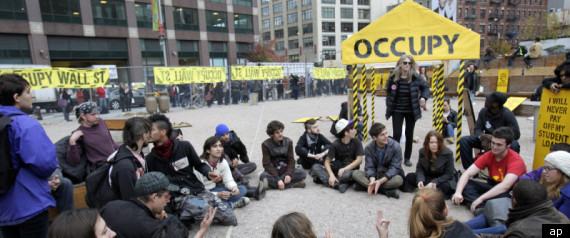Daniel Mudd, the former chief executive officer of Fannie Mae, and Richard Syron, ex-CEO of Freddie Mac, were sued by the U.S. Securities and Exchange Commission for understating by hundreds of billions of dollars the subprime loans held by the firms.
The lawsuits filed today in Manhattan federal court were followed by an SEC statement that it had entered into “non- prosecution agreements” with each company. Fannie Mae, the government-sponsored enterprise which issues almost half of all mortgage-backed securities, and Freddie Mac, the McLean, Virginia-based mortgage-finance company, had “agreed to accept responsibility” for their conduct, the SEC said.
The agency said in the lawsuits that Syron, Mudd and other executives understated exposure to subprime mortgage loans. From 2007 to 2008, Freddie Mac executives said the company’s exposure was from $2 billion to $6 billion when it was actually as high as $244 billion, according to one SEC complaint.
From 2006 to 2008, Washington-based Fannie Mae executives said the firm’s exposure to subprime mortgage and reduced- documentation loans was about $4.8 billion when it was almost 10 times greater, according to the regulator.
The lawsuits filed today in Manhattan federal court were followed by an SEC statement that it had entered into “non- prosecution agreements” with each company. Fannie Mae, the government-sponsored enterprise which issues almost half of all mortgage-backed securities, and Freddie Mac, the McLean, Virginia-based mortgage-finance company, had “agreed to accept responsibility” for their conduct, the SEC said.
The agency said in the lawsuits that Syron, Mudd and other executives understated exposure to subprime mortgage loans. From 2007 to 2008, Freddie Mac executives said the company’s exposure was from $2 billion to $6 billion when it was actually as high as $244 billion, according to one SEC complaint.
From 2006 to 2008, Washington-based Fannie Mae executives said the firm’s exposure to subprime mortgage and reduced- documentation loans was about $4.8 billion when it was almost 10 times greater, according to the regulator.












